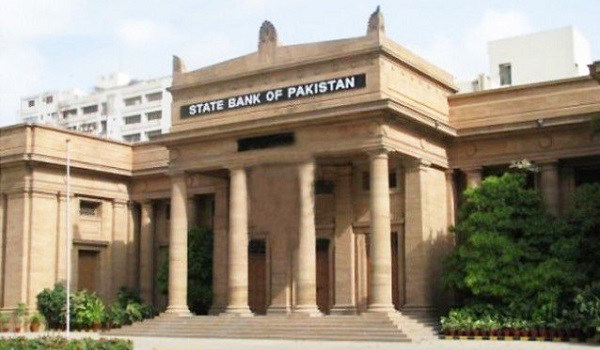In a recent federal move, all water-related departments in Islamabad were officially transferred from the Metropolitan Corporation of Islamabad (MCI) to the Capital Development Authority (CDA). The decision, approved by the federal cabinet and notified by the Ministry of Interior, aims to centralize water supply and sewerage functions under one authority for improved management and operational efficiency.
The transfer follows long-standing complaints from the CDA about its inability to address Islamabad’s significant water shortfall effectively under the previous arrangement. According to officials, the CDA has been tasked with setting up a fully operational and independent water management wing modeled after Rawalpindi’s Water and Sanitation Agency (WASA). This new wing, to be known as “Islamabad Water,” will manage the capital’s water supply, sewerage, and drainage operations with autonomy over its budget and collection of water charges and fines.
Read: CDA enlists global experts to guide Islamabad Master Plan revamp
The CDA’s new water wing will inherit management over Islamabad’s primary water resources—Simly Dam, Khanpur Dam, and a limited supply from Rawal Dam, which provides only two million gallons daily to the city. An official report reveals that Islamabad’s urban areas currently require 120 million gallons per day (mgd) but only receive up to 80 mgd during peak supply, leaving a shortfall of 40 mgd. This gap in supply and demand has worsened with urban expansion and climate impacts.
The new CDA water wing will oversee 76,273 water connections across Islamabad, in addition to 33,109 groundwater bores that serve urban zones. With a workforce of 1,550 employees, the water wing still faces challenges, as 930 positions remain unfilled, impacting service delivery.
Read: CDA chief orders resolution of BUP issues in CDA sectors to accelerate development
The interior ministry’s summary noted that the demand for water in the federal capital is expected to increase, requiring centralized planning and effective resource management to address the shortfall and serve both urban residents and the 1.3 million people in Islamabad’s suburban villages. The summary emphasized the importance of creating an integrated water and sewerage infrastructure master plan, which has been lacking in the capital’s development strategies until now.
Following the transfer, the CDA will assume control of all relevant directorates, including water supply, bulk water management, sewage treatment plants, revenue, finance, and human resources, previously under the MCI’s jurisdiction. While the Rawalpindi Development Authority (RDA) and the Tehsil Municipal Administration (TMA) of Fatehjang have managed water resources in specific areas, this transition allows the CDA to take a leading role in a unified city-wide water management strategy.
Read: CDA launches ‘My Islamabad’ super app with 150+ services for citizens
The CDA anticipates that the reorganization will enhance service delivery and align with Islamabad’s growing needs, supported by new revenue-generation measures and strategic infrastructure investments.








